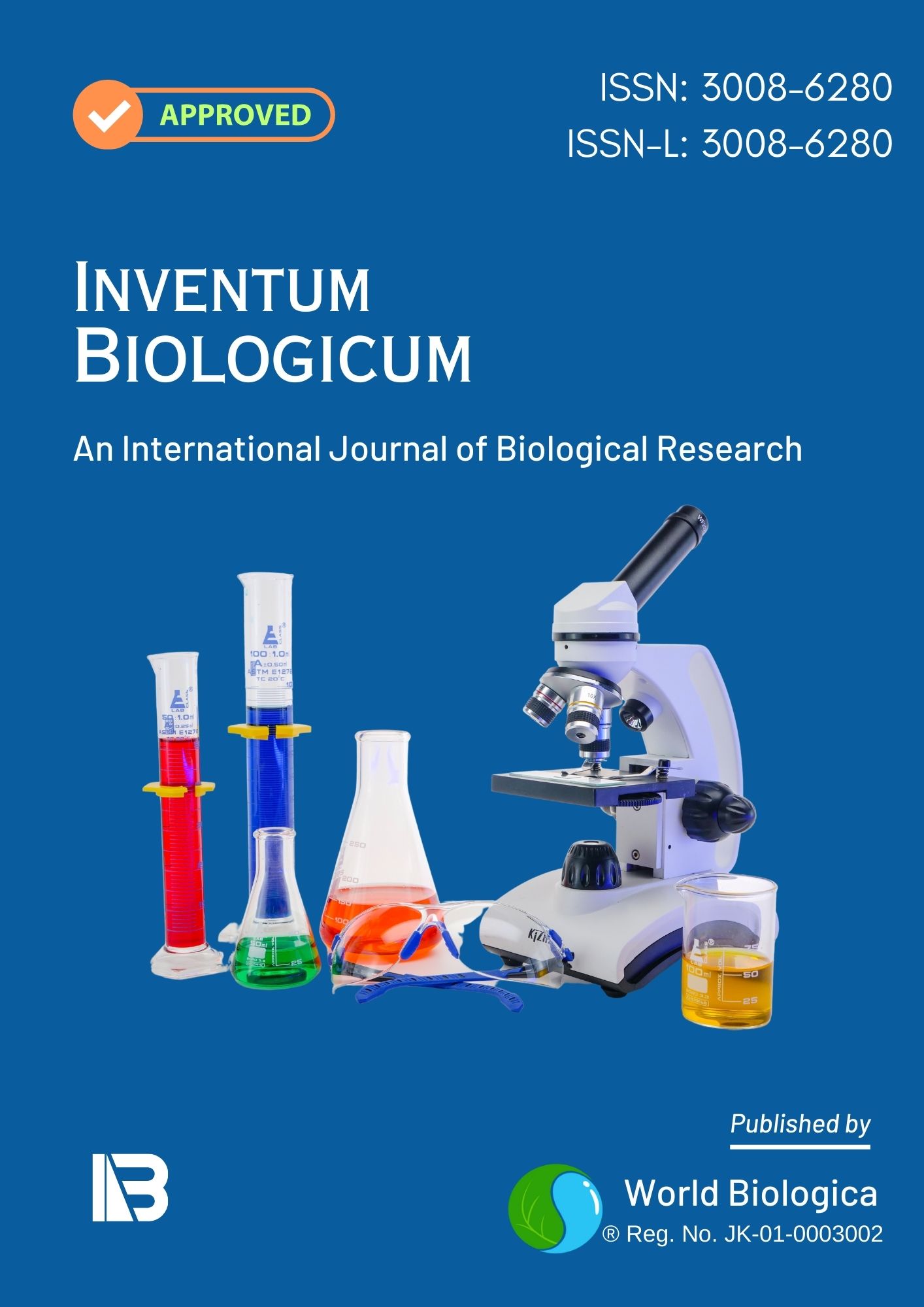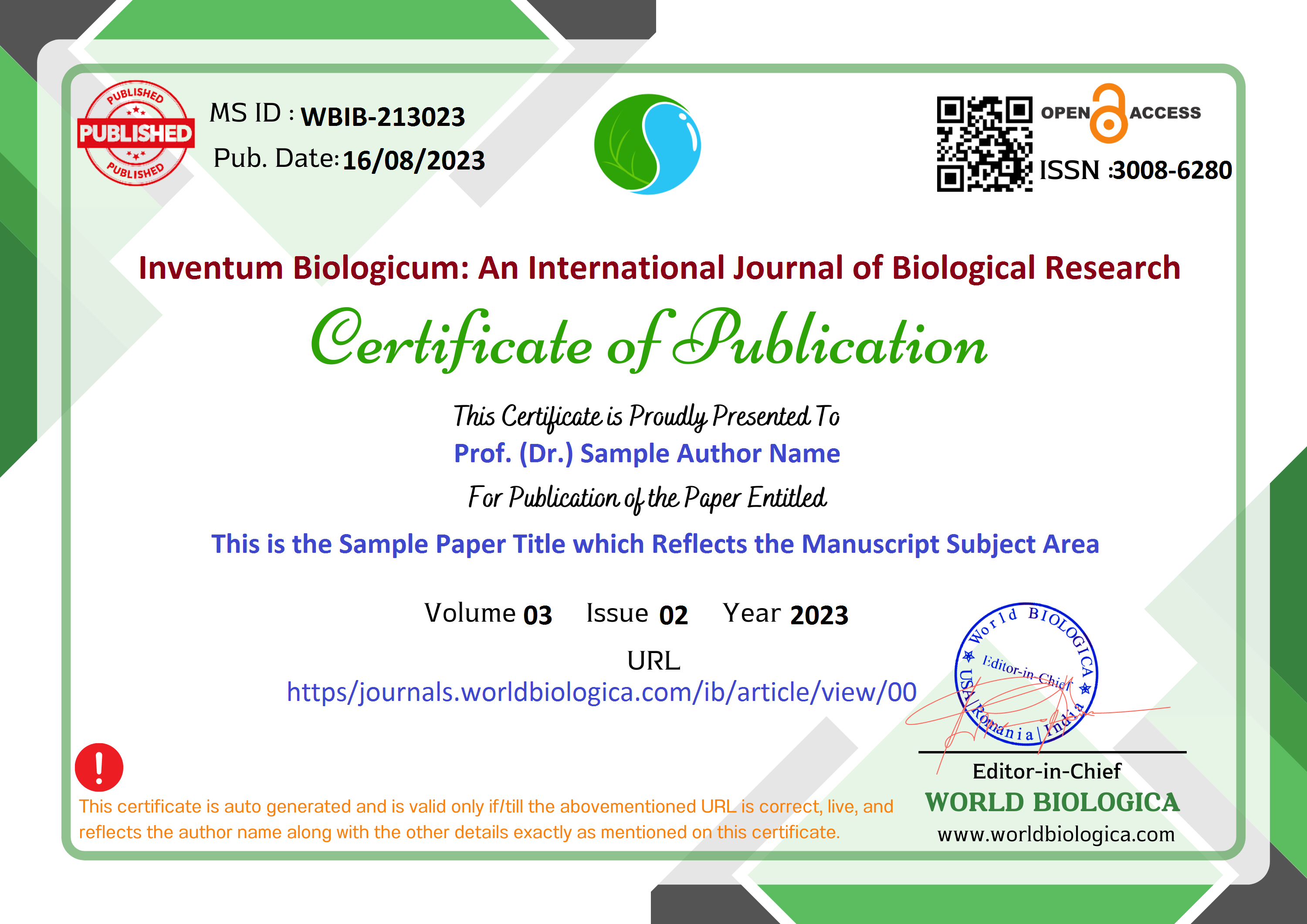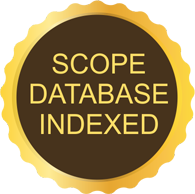Emerging Perspectives on Environmental Challenges
Keywords:
Global Security, Climate change, Environmental change, Global environmental change, GlobalizationAbstract
Human activities significantly impact the global environment, reshaping it in ways that affect nature, societies, and economies. As a result, humans are compelled to confront environmental challenges, responding to the ensuing changes. The response involves not only individual and collective actions but also encompasses broader social, political, and economic processes and institutions that shape how humans interact with the environment. This human dimension of global change emphasizes the practical application of scientific information and the need to enhance its relevance for decision-making. The evolving economic landscape plays a crucial role in influencing environmental policies, as many environmental issues fundamentally intertwine with economic considerations. Environmental laws serve as mechanisms to internalize the environmental costs associated with economic activities in real time. This article delves into the complexities of integrating environmental concerns into social work practice and research.
Downloads
References
Narayan, D. (2002). Empowerment and poverty reduction: A sourcebook. Washington, DC: The World Bank.
Nelson, D. R., Adger, W. N., & Brown, K. (2007). Adaptation to environmental change: Contributions of a resilience framework. Annual Review of Environment and Resources, 32(1), 395–419.
Okafor, O. C. (2008). Situating third world approaches to international law (TWAIL): Inspirations, challenges and possibilities. International Community Law Review, 10, 371–378.
Ortiz, I., & Cummins, M. (2011). Global inequality: Beyond the bottom billion—a rapid review of income distribution in 141 countries. New York: UNICEF.
Oxfam, (2014). Even it up: Time to end extreme inequality. Great Britain: Oxfam.
Sachs, I. (2004). Inclusive development strategy in an era of globalization. International Labour Office working paper No. 35. Geneva: International Labour Organization.
Sen, A. K. (1999). Development as freedom. Oxford: Oxford University Press.
Steffen, W., Crutzen, P. J., & McNeill, J. R. (2007). The anthropocene: Are humans now overwhelming the great forces of nature. Ambio: A Journal of the Human Environment, 36(8), 614–621.
Stiglitz, J. E. (2015). The great divide: Unequal societies and what we can do about them. New York: WW Norton and Company.
Thorbecke, E. (2006). The evolution of the development doctrine: 1950–2005. UNU-WIDER Discussion Paper 2006/155. Helsinki: World Institute for Development Economics Research of the United Nations University.
Townsend, P. (1993). The international analysis of poverty. New York: Harvester Wheatsheaf.
Downloads
-
Download PDF
 Abstract Views: 151,
Abstract Views: 151,  Download PDF: 81
Download PDF: 81
Published
How to Cite
Issue
Section
License
Copyright (c) 2023 Inventum Biologicum: An International Journal of Biological Research

This work is licensed under a Creative Commons Attribution-NonCommercial-NoDerivatives 4.0 International License.


















